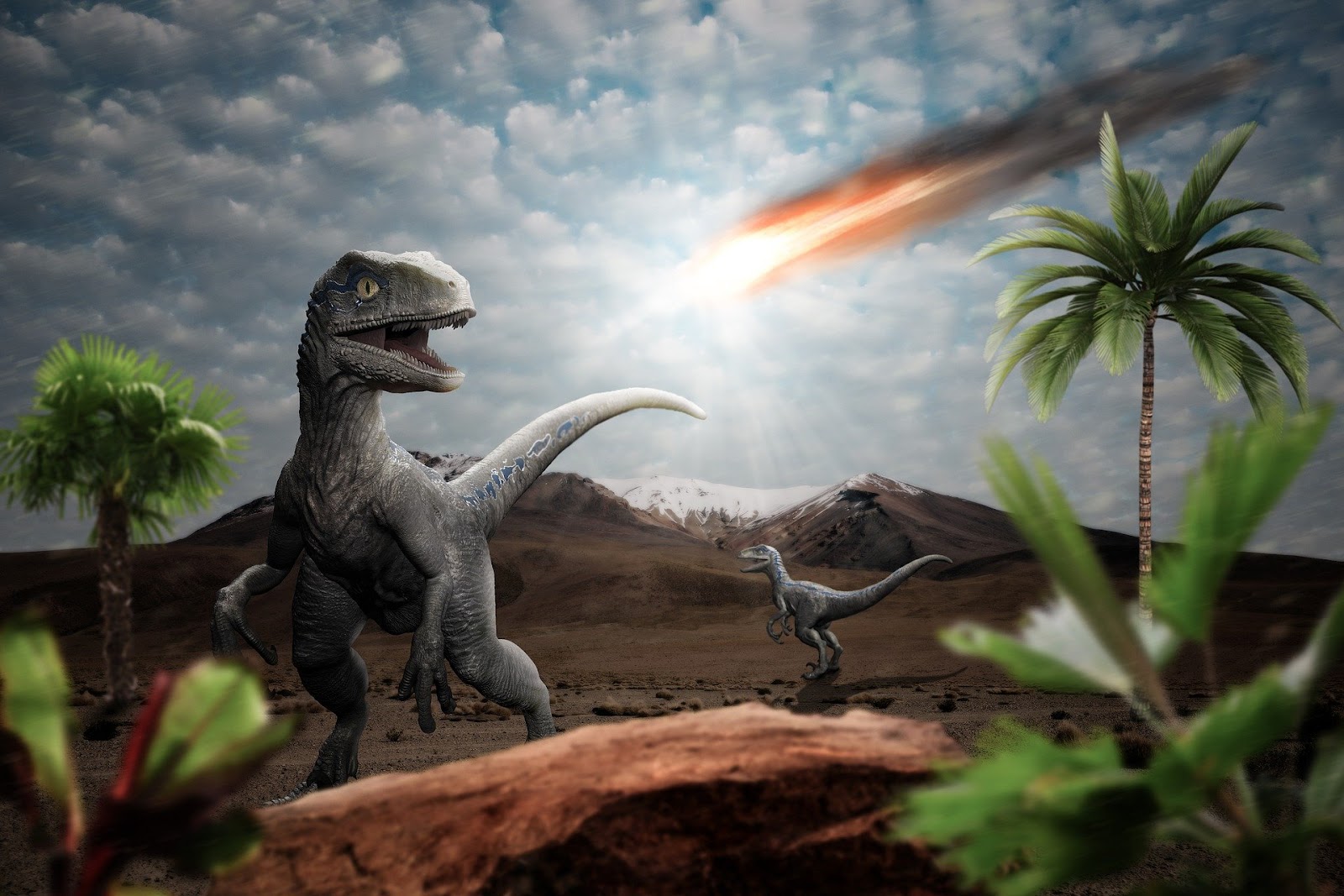how does gravity affect air pressure?
How Does Gravity Affect Air Pressure??
As gravity hugs the blanket of air to the Earth’s surface, what physicists call a density gradient is set up in the air. The air near the ground is pulled on by gravity and compressed by the air higher in the sky. This causes the air near the ground to be denser and at a greater pressure than air at higher elevations.
Does gravity affect pressure?
Yes, (positive) pressure increases gravity. Consider an ideal gas and ask what you mean by the pressure. The pressure of a gas is the result of moving gas molecules colliding with the walls of their contained and bouncing off.
How does gravity affect the air we breathe?
Answer 2: Zero gravity has nothing to do with breathing. If there is air, then you can breathe it; if there isn’t air, then you can’t. Gravity on planets tends to attract atmospheres, and this means that planets with gravity may have breathable atmospheres, unlike the vacuum of space.
Does air affect gravity?
Each object with mass in the universe is attracted to all other objects regardless of size or distance. Whether you are on the Moon, Earth or deep in outer space, gravity is present. Air or an atmosphere is not needed for gravity.
Is there any role of gravity in atmospheric pressure?
Atmospheric pressure is directly proportional to the force of gravity. Double gravity means air is twice as heavy and pressure is therefore also doubled, at least at mean ground level. High up it could be less as the atmosphere will compress down into a shallower layer.
Why does pressure decrease with gravity?
That’s because it’s gravity that’s holding the air near the Earth. You can think of it this way – the pressure at some height has to be enough to support the weight of all the stuff above it. The higher you go, the less stuff is above you, so the lower the pressure.
Is there pressure without gravity?
Clearly the pressure in a fluid depends on acceleration due to gravity. So if there were no gravity the pressure should be zero (since ).
How does gravity affect the wind?
As gravity compresses the Earth’s atmosphere, it creates air pressure – the driving force of wind. Without gravity, there would be no atmosphere or air pressure and thus, no wind. … This movement, influenced by the earth’s rotation, causes wind.
How does gravity affect the environment?
Gravity shapes the environment that we live in by pulling down on everything. Rivers run down the land, carrying soil and rock to the oceans. Even the air (which is very light in weight) is affected by gravity – it is thickest near the ocean and gets thinner in the mountains.
What impact does gravity have?
Gravity in our universe
See also what is the primary goal in agile modeling?Gravity is what holds the planets in orbit around the sun and what keeps the moon in orbit around Earth. The gravitational pull of the moon pulls the seas towards it, causing the ocean tides. Gravity creates stars and planets by pulling together the material from which they are made.
Is air pressure the same as gravity?
The air around you has weight, and it presses against everything it touches. That pressure is called atmospheric pressure, or air pressure. It is the force exerted on a surface by the air above it as gravity pulls it to Earth. Atmospheric pressure is commonly measured with a barometer.
Is air pressure stronger than gravity?
Air pressure is due to the force of gravity acting on mass of gases in the atmosphere. And gravity is due to whole mass of the body. So gravity is stronger than the air pressure. If the gravity is not stronger , gases could escape from the surface of the body and there would be very small air pressure.
What causes atmospheric pressure?
Air pressure is caused by the weight of the air molecules above. … This pressure causes air molecules at the Earth’s surface to be more tightly packed together than those that are high in the atmosphere.
What is the relationship between gravity density and pressure?
Pressure due to the weight of a liquid of constant density is given by p=ρgh p = ρ g h , where p is the pressure, h is the depth of the liquid, ρ is the density of the liquid, and g is the acceleration due to gravity.Does gravity affect Earth’s atmosphere?
Gravity. Fortunately for us, Earth’s gravity is strong enough to hold onto its atmosphere. Mars, for example, is less than half Earth’s size and around one-tenth Earth’s mass. … That means, the air nearer Earth’s surface is squished by the air above it, and is thus denser.How much water pressure is created by gravity?
Gravity Fed Heating Systems
As the name suggests, the pressure supplied around your household is based upon the height in which the cold storage tank sits from the location of the taps around your house. So in gravity systems, every 1 metre drop from the water tank typically equates to around 0.1 Bar in pressure.
See also why are the florida keys called keysWhat if Earth has no gravity?
Humans and other objects will become weightless without gravity. If we have no gravity force, the atmosphere would disappear into space, the moon would collide with the earth, the earth would stop rotating, we would all feel weightless, the earth would collide with the sun, and as a consequence. We would all perish.
What if there was no gravity for 5 seconds?
If our planet were to lose gravity for even five seconds, it would spell the end of life on Earth as we know it. Gravity pulls objects toward one another. … Without gravity, humans and other objects would become weightless.Does gravity really pull all things down?
Gravity is a force, which means that it pulls on things. But the Earth isn’t the only thing which has gravity. In fact, everything in the universe, big or little, has its own pull because of gravity – even you. … When you kick the football into the air, the Earth’s gravity pulls it back down.How does gravity affect our weather?
Gravity waves are one of the mechanisms that the atmosphere utilizes in an attempt to restore itself to an equilibrium state. While these waves typically do not influence large-scale weather patterns, they can affect smaller scale weather events. … The air will continue to rise and sink, forming a wave pattern.Where does gravity pull towards on earth?
center On Earth, gravity pulls all objects “downward” toward the center of the planet. According to Sir Isaac Newton’s Universal Law of Gravitation, the gravitational attraction between two bodies is stronger when the masses of the objects are greater and closer together.How does gravity affect the motion of objects moving upward?
The force of gravity, like all other forces, can cause changes in the speed of objects. … When air resistance is ignored, all objects will speed up at the same rate as they fall. Gravity can also cause an object that is thrown into the air to change its upward motion, slow down, and fall back toward Earth’s surface.
Can Earth ever lose gravity?
Gravity would soar as the entire planet is pulled into the hole. … Over the next few billion years, Earth’s gravity will change by tiny amounts because of several events. As the sun expands, the oceans will boil off into space, reducing the planet’s mass and therefore cutting the force of its gravity.
How does gravity affect the human body on Earth?
Gravity affects many parts of your body as you age. It compresses the spine, contributes to poor blood circulation and can decrease your flexibility. The gravitational pull also affects your organs, causing them to shift downward, away from their proper position.
What are the three effects of gravity?
The Sun’s gravitational pull keeps our planet orbiting the Sun. The motion of the Moon is affected by the gravity of the Sun AND the Earth. The Moon’s gravity pulls on the Earth and makes the tides rise and fall every day. … The tides are independent of the phase of the moon.
What 2 factors affect gravity?
When dealing with the force of gravity between two objects, there are only two things that are important – mass, and distance. The force of gravity depends directly upon the masses of the two objects, and inversely on the square of the distance between them.
How does gravity affect the motion of the planets?
Are the objects in the solar system still or are they in motion? The Sun’s gravity pulls the planets in orbit around it, and some planets pull moons in orbit around them. … The closer the planet is to the Sun, the greater the pull of the Sun’s gravity, and the faster the planet orbits.
What is the pressure of gravity?
The pressure of gravity is the resultant force felt by a mass when it’s constituents are presented by a more compressed space in one direction. This compressed space makes movement in that one direction more probable.
Does gravity affect time?
Yes, time goes faster the farther away you are from the earth’s surface compared to the time on the surface of the earth. This effect is known as “gravitational time dilation”. … The stronger the gravity, the more spacetime curves, and the slower time itself proceeds. See also how to change cat form appearanceWhy does air flow from high to low pressure?
High pressure moves to low pressure because high pressure particles are pushing harder than the low pressure particles. Air will try to come to uniform pressure . Potential energy of air getting converted to kinetic energy .
What causes low air pressure in the atmosphere?
Low pressure areas form when atmospheric circulations of air up and down remove a small amount of atmosphere from a region. This usually happens along the boundary between warm and cold air masses by air flows “trying” to reduce that temperature contrast.Which are the three main factors that influence atmospheric pressure?
1)The 3 main factors that affect barometric (air) pressure are:- Temperature.
- Altitude or Elevation.
- Moisture ow water vapour.
How does increasing gravity change the pressure in the fluid?
Pressure within a liquid depends only on the density of the liquid, the acceleration due to gravity, and the depth within the liquid. The pressure exerted by such a static liquid increases linearly with increasing depth.
When density increases what happens to the air pressure?
The air is compressed. The density increases as pressure increases. Altitude and weather systems can change the air’s pressure. As you go higher, the air’s pressure decreases from around 1,000 millibars at sea level to 500 millibars at around 18,000 feet.
How does area affect the pressure?
Answer: Pressure is defined as the force per unit area. … If the force is held constant the pressure is inversely proportional to the area. If the area is doubled the pressure is halved.





